The BBC news sub-headline made my heart sink. I knew what was coming.
I couldn’t get away from it being shared – first on Twitter while I was procrastinating between tasks, then on WhatsApp groups with friends, Slack channels at work, and in my ears from the radio I was listening to.
I had to brace myself to watch the video. It took me a few hours to mentally prepare myself to watch the video. The memories of participating in and running chaotic community meetings came flooding back.
How we organise locally matters
Why did this otherwise non-descript local community meeting in the north of England catch attention and surf the global meme wave? Because of its realness.
There is real charge when it comes to local issues, particularly in our pandemic times when the behaviour of your neighbours impacts your everyday life even more than usual. So many of us have been in online zoom meetings that turn a bit sour, or have been part of dysfunctional community meetings. Anyone who has been involved in local politics or done community work has come across the rude, loud older white men as seen in the videos. At a community level there aren’t checks and balances, and many protocols for respectful ways of interacting seem not to be known or to even exist in the first place.
Communities are places that are full of extraordinary ranges of different perspectives, life experiences and views – that’s what makes them interesting. But that’s also what makes working at this level a challenge too.
Beyond Handforth Parish Council you only have to look at the local forums or Facebook groups to see that in reality our communities aren’t always healthy thriving supportive places. Many Facebook admins of such groups are on the sharp end of this reality, and subjected to abuse on a regular basis. The challenge is how to acknowledge and listen to all views, work respectfully across these, and minimise unacceptable and challenging behaviours. How we gather, organise and behave really matters – and the video from this meeting shows that only too starkly.
What lies beneath
This parish council meeting in Handforth exposed the unhealthy power dynamics present in local communities, and how power often goes unchecked. Community bullies are real. The loudest voices often dominate, making it feel easier or safer not to speak up – let alone rock the boat and challenge the way things have been done for years – let alone reimagine what might be possible. It puts people off engaging around things at a local level, the things that matter to them. It reinforces a relationship the New Citizenship Project talks about, of being subjects, an expectation of things being done for you or to you, and of being consumers of local amenities rather than of encouraging active citizenship.
Part of what made it difficult for me to watch was because it triggered my own painful experiences of working at community level. I haven’t always been able to hold my nerve in the way Jackie did. And there are countless others for whom this video was a reminder of the painful lived experience of everyday trauma – it was a reminder of the of the dominance of whiteness and racism that is rife in community work and the social sector,
the sexism – bringing back memories of abusive men in peoples lives
and the reason why politics is not the first career choice for younger generations.
For all the many Jackie Weavers with her nerve, her calm, and her resolve, there are thousands of others who don’t feel safe enough, or have the support or confidence to deal with community bullies or the skills to negotiate these complex group dynamics.
This all comes in the same week that the UK umbrella body NCVO reports on an inquiry into its culture that has exposed overt oppression of marginalised groups, ‘bullying and harassment with impunity’ – prompting others to start opening up about their experiences of bullying and racism in the charity sector via #NotJustNCVO. These issues run deep.
If, like me, you believe that more local governance and participation is an essential route to change, it is vital that we pay attention to and start shifting these unhealthy power dynamics, evolve our relationships with local actors, and create a culture of care, support and investment that allows more people to participate.
Resetting the dynamic: future practices, behaviours and relationships
It was an innocent tweet by a 17 year old politics student who’d become interested in the role of local authorities in the UK that brought this meeting and video to attention. With meetings moving online and being recorded, a new layer of transparency has appeared that we didn’t always have before.
COVID-19 and our newly online lives have forced us all to reset how things are done and given us a small window to recast our relationships and how we behave at a local level.
So much hope is being placed in communities following COVID-19, and civil society in its many guises is #nevermoreneeded. Having spent two years exploring what the future of civil society in England could look like, and learning from some amazing local communities in the process, what many of these groups had in common was a shared culture, behaviours and attitudes that felt like the antithesis of what has been seen in the Handforth videos. The future of local action – of a thriving civil society, and its ability to make change – relies in part on the behaviours and qualities it exhibits and instills.
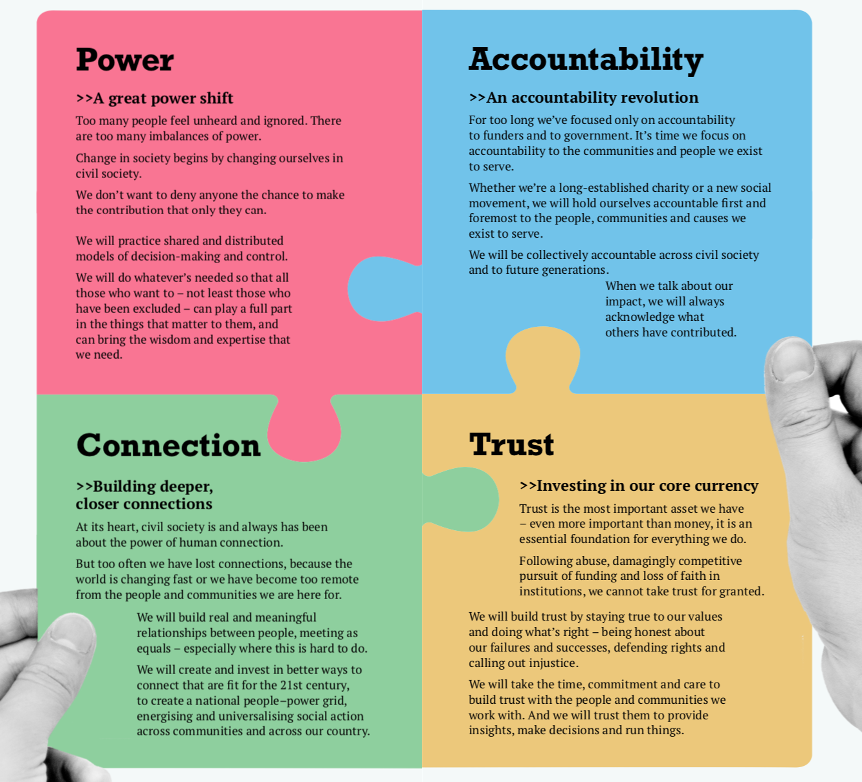
In so many other settings, processes, innovations and skills working with group dynamics are the norm. So what might this look like applied at a local level? What if there was a pool of community facilitators and mediators in every neighbourhood? What if every elected official or board chairperson was trained in group facilitation? What if your local library could hire out not just books, but local event producers? What if citizen assemblies were held on contentious development issues? Or regular deep democracy sessions were hosted where all voices are heard, gaining the wisdom of all sides and allowing resolution to conflicts at the community level? What if there were leadership programs or things like the School of System Change basecamp for community organisers or youth climate activists?
Maybe then we would see more local people and local communities coming together to steer the change happening in their neighbourhood, rather than finding it safer to sit back, or easier to criticise someone else. We are not really listening to each other – so we have a crisis of participation – we need to build up these skills at this level.
Investing in community capacity
People active at the local level are working towards some of the most important and challenging issues of our time – they deserve to have the best support, skills and leadership we’ve got. It’s a hugely undervalued, under resourced space – Jackie Weaver has shown us what is possible – now it’s time we really took that seriously.
The coming decade is a critical one – there is likely to be more and more uncertainty and more challenges coming our way. The way in which local communities work and are governed needs to be as adaptable, flexible and resilient as possible. We need new ways of organising, relating, and making decisions that truly bring democracy to the 21st century. Bear in mind that this is a marathon not a sprint. You wouldn’t dream of starting a marathon without the right training – the intensive training, the kit, the running club to keep momentum up, the pep talks and snacks along the way.
What if as a society we really valued the role and contribution and capacity of community leaders, local politicians and recognised them as playing key roles in a functioning democracy? What if we invested in them, the same way we do the multi-million pound corporate leadership training industry?
What if we didn’t just leave local politics to those with the time, resources and means on tap – often white middle class people? You only have to look at the growth of the community organising movement in the US to show there is untapped energy and demand for this.
If we change the dynamic, the culture, behaviours and support – perhaps we can open up the space for more people to participate, to get involved, to bring their skills, experiences and voices to vital local political and community work. Thank you Jackie for showing us a glimmer of what might be possible and exposing how tough it is. This is an untapped route to unlock change and transformation in the way our systems work.
Acknowledgements
With thanks to the Boundless Roots community – as the framing of some of these ideas has been adapted from the collective inquiry and write up that is underway.
Local community in south London where I live and the experience of the Peckham Coal Line – for grounding much of these insights and experience working on Civil Society Futures – learning from hundreds of people across England.
Read next:
- Community-led futures is a radical act by Jaames Goodman
- Internet communities disrupt Wall Street
- Community groups and individuals across the world are providing key services through disruption
- Mexico’s community-led ‘Water Culture’ movement
And for regular insights delivered to your inbox:
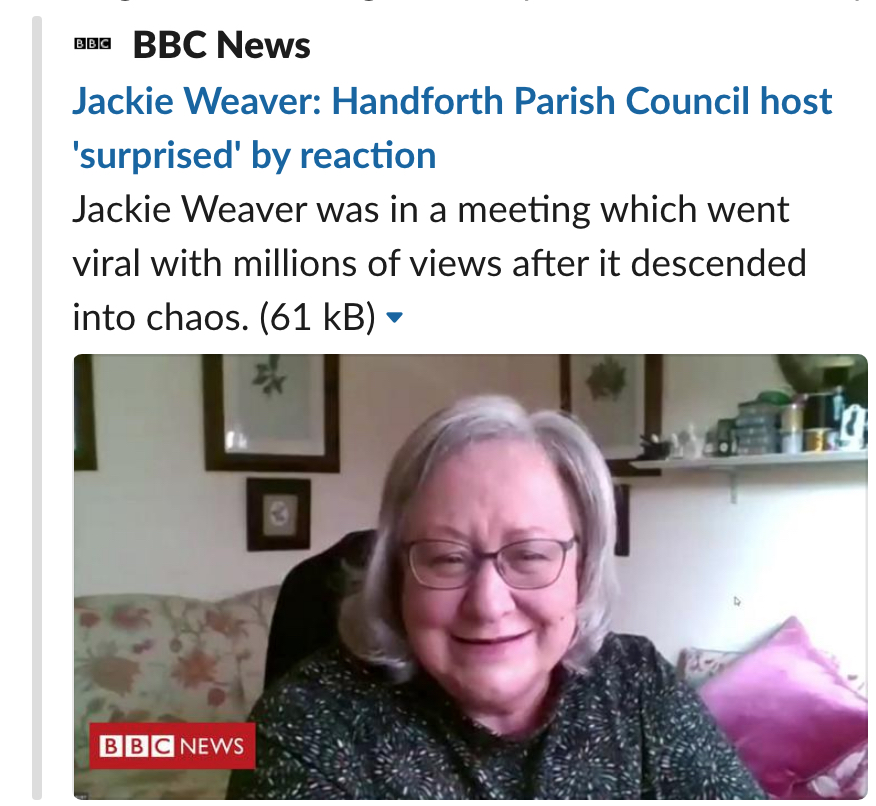
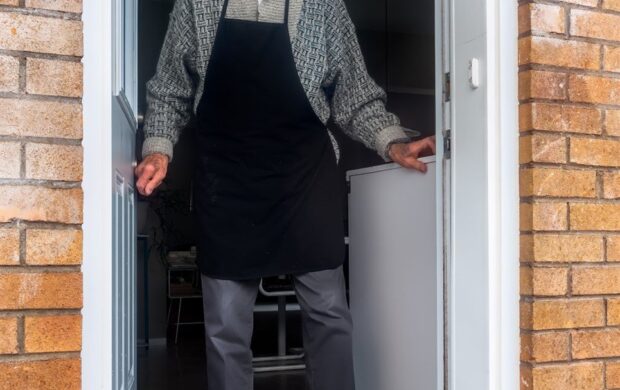
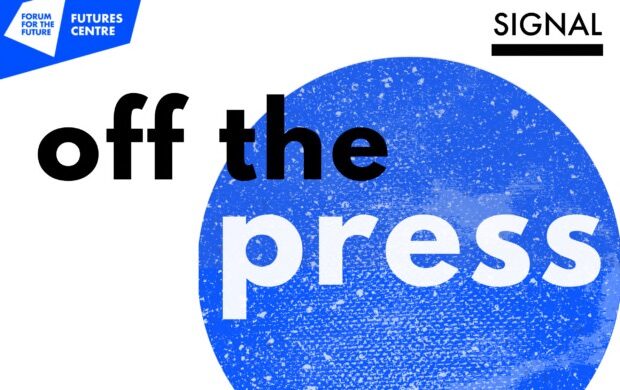

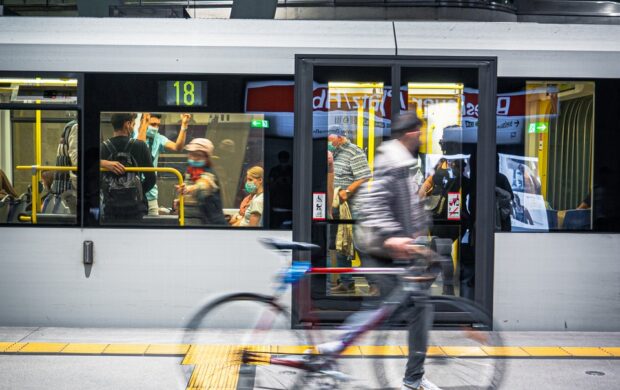
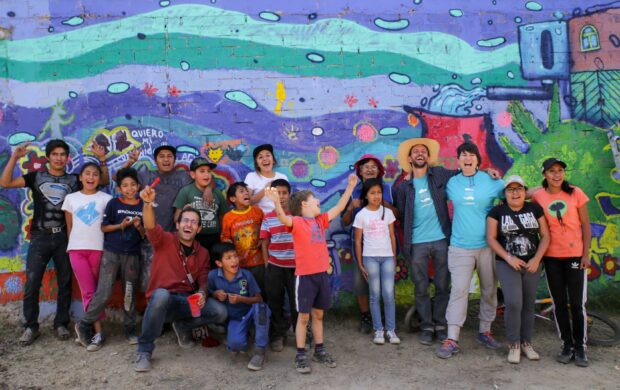


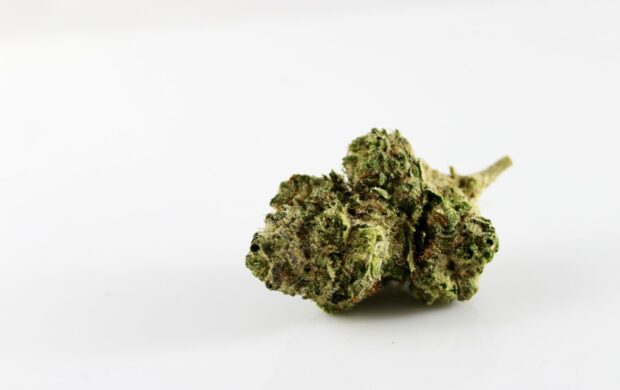
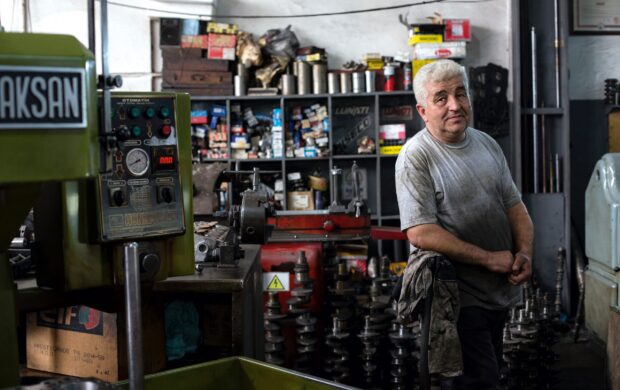


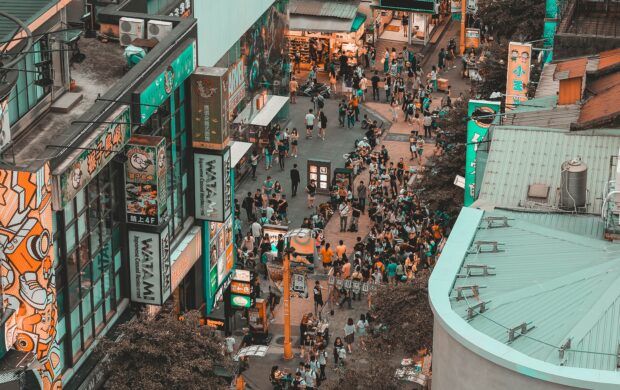
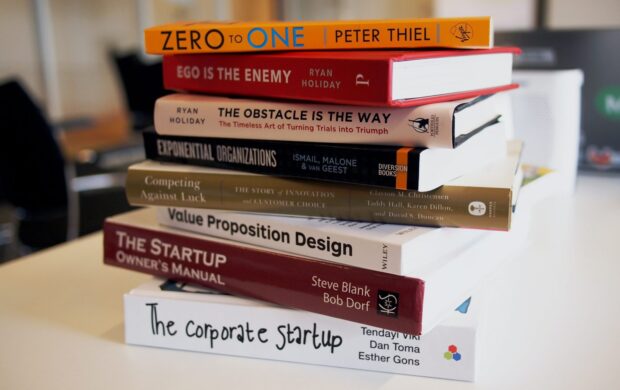

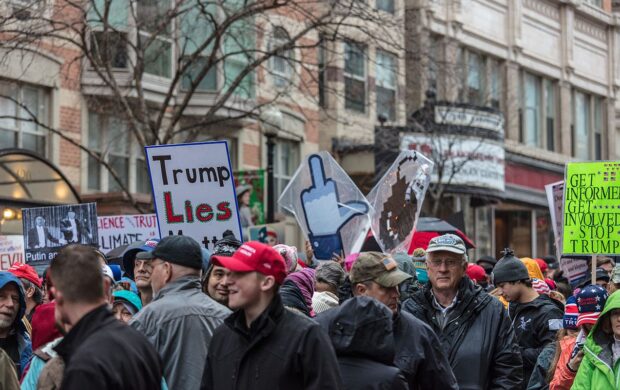


Join discussion